Refine listing
Actions for selected content:
1299955 results in Books

Ethnic Stereotypes and the Letters of Paul
- History and Reception
- Coming soon
-
- Expected online publication date:
- February 2026
- Print publication:
- 28 February 2026
-
- Book
- Export citation
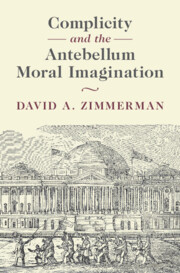
Complicity and the Antebellum Moral Imagination
- Coming soon
-
- Expected online publication date:
- February 2026
- Print publication:
- 28 February 2026
-
- Book
- Export citation

Saints as Divine Evidence
- The Hagiological Argument for the Existence of God
- Coming soon
-
- Expected online publication date:
- February 2026
- Print publication:
- 28 February 2026
-
- Book
- Export citation

Aristotelian Ontological Priority and Metaphysical Grounding
- Coming soon
-
- Expected online publication date:
- February 2026
- Print publication:
- 28 February 2026
-
- Element
- Export citation
Monetary Policy Implementation
- Coming soon
-
- Expected online publication date:
- February 2026
- Print publication:
- 28 February 2026
-
- Element
- Export citation
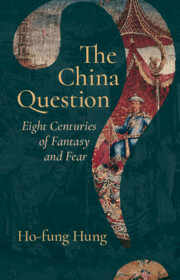
The China Question
- Eight Centuries of Fantasy and Fear
- Coming soon
-
- Expected online publication date:
- February 2026
- Print publication:
- 12 February 2026
-
- Book
- Export citation
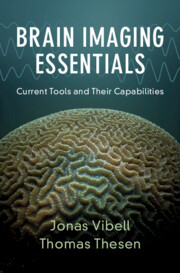
Brain Imaging Essentials
- Current Tools and Their Capabilities
- Coming soon
-
- Expected online publication date:
- February 2026
- Print publication:
- 28 February 2026
-
- Textbook
- Export citation

Quantum Cosmology
- An Introduction
- Coming soon
-
- Expected online publication date:
- February 2026
- Print publication:
- 28 February 2026
-
- Book
- Export citation

Doxxing Discourse
- Coming soon
-
- Expected online publication date:
- February 2026
- Print publication:
- 28 February 2026
-
- Element
- Export citation

Dante's Political Philosophy
- Rethinking Paradiso
- Coming soon
-
- Expected online publication date:
- February 2026
- Print publication:
- 28 February 2026
-
- Book
- Export citation
The Rediscovery of Huaca Pintada
- Why Traditional Ecological Knowledge Matters Within Archaeological Environments in Peru
- Coming soon
-
- Expected online publication date:
- February 2026
- Print publication:
- 31 March 2026
-
- Element
- Export citation

High Rates and Low Taxes
- Tax Dodging in Mid-Century America
- Coming soon
-
- Expected online publication date:
- February 2026
- Print publication:
- 28 February 2026
-
- Book
- Export citation

Language Teacher Educators' Emotions
- International Perspectives
- Coming soon
-
- Expected online publication date:
- February 2026
- Print publication:
- 28 February 2026
-
- Book
- Export citation
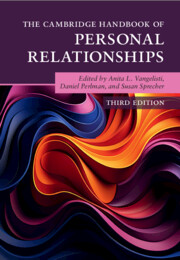
The Cambridge Handbook of Personal Relationships
- Coming soon
-
- Expected online publication date:
- February 2026
- Print publication:
- 28 February 2026
-
- Book
- Export citation

Enemies in Agreement
- Political Volatility and the Design of Arms Control
- Coming soon
-
- Expected online publication date:
- February 2026
- Print publication:
- 28 February 2026
-
- Book
- Export citation

The History of Contingency and Future-Oriented Thought
- Coming soon
-
- Expected online publication date:
- February 2026
- Print publication:
- 28 February 2026
-
- Element
- Export citation

Broken Cycle
- World Politics in the Age of Dissent
- Coming soon
-
- Expected online publication date:
- February 2026
- Print publication:
- 28 February 2026
-
- Book
- Export citation

Visiting the Oracle at Dodona
- Contexts of Unknowing in Ancient Greek Religion
- Coming soon
-
- Expected online publication date:
- February 2026
- Print publication:
- 28 February 2026
-
- Book
- Export citation
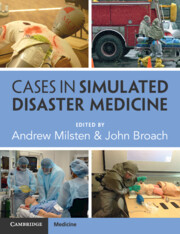
Cases in Simulated Disaster Medicine
- Coming soon
-
- Expected online publication date:
- February 2026
- Print publication:
- 31 January 2026
-
- Book
- Export citation

Informal Digital Learning of English
- Coming soon
-
- Expected online publication date:
- February 2026
- Print publication:
- 28 February 2026
-
- Element
- Export citation
